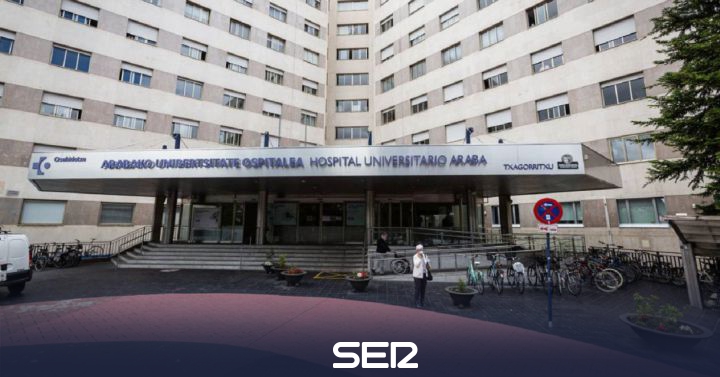© Valentina Petrova, Associated Press
– “Are you EU blind, or are you like him?” – poster from the protest on September 22, 2020 in Sofia.
The grip of the Bulgarian ruler weakens as the United States tackles corruption “and” Boyko Borissov fights for his political life on the eve of elections and amid public discontent with corruption. “With such a title and subtitle the London Financial Times tells his readers today about the events of the last week and presents several comments from Bulgaria on them.
The text, illustrated by Borissov’s handshake with Chancellor Angela Merkel, presents who and why was sanctioned by the United States, but also recalls the photos of the prime minister’s nightstand full of bundles and gold. As well as the ensuing months of street protests and GERB’s inability to form a government after the April elections due to a loss of voter support.
But there is a second focus, and it is on the pressure that Washington’s move has placed on the EU over the years of inaction against the corrupt way the country has been run “in Europe’s backyard.”
Hristo Ivanov of “Yes, Bulgaria” was quoted as saying that US sanctions were a “friendly gesture” and that “the contrast is really dramatic”.
For a long time, Borissov seemed to be an unshakable geological entity in Bulgarian politics, using pressure and fear so that everyone would know who the ruler was, Ivanov added. But sanctions “have contributed to changing this perception of Borissov and are now weakening his grip on power,” he said.
Critics of Borissov say his tenure in power represents a decade of corruption, shurobadzhanism and poor economic performance.
“The biggest question now is who bribed the government,” said EU member Elena Yoncheva.
The publication pays attention mainly to Delyan Peevski and quotes Bulgarian analysts to point out that he, and not Vasil Bozhkov, is the main goal of the list under the “Magnitsky” law. Now Borissov is distancing himself from Peevski, but with the deepening of the inspections, it may be difficult for him to convince many Bulgarians, adds the Financial Times.
Vessela Cherneva from the European Council on Foreign Relations also draws attention to the EU – that it is now important for Brussels to send a clear signal that it will no longer turn a blind eye to corruption in Bulgaria. “It harms Bulgarian society. And, frankly, it’s not good for rapprochement between EU countries. It makes Bulgaria catch up much slower. We’ve missed thousands of opportunities in the last more than 10 years,” she explained.
–


